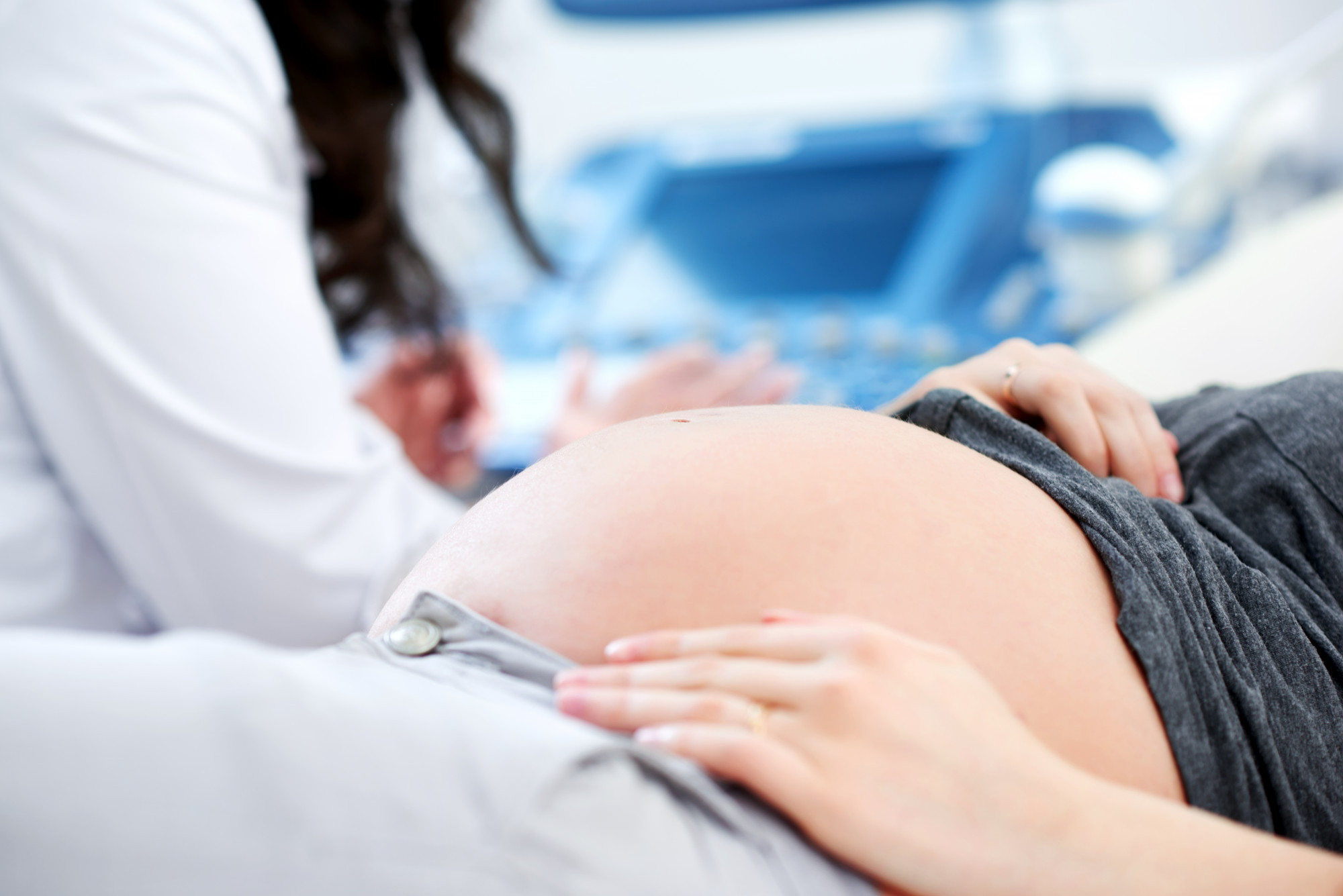D-EVITA: Artificial intelligence to anticipate complications in pregnancies with gestational diabetes

An innovative proposal seeking to transform gestational diabetes monitoring using artificial intelligence was recently selected in the IDeA R&D 2025 competition of the National Agency for Research and Development (ANID).
It is D-EVITA: Intelligent Telemonitoring System for the Prediction of Perinatal Complications in Women with Gestational Diabetes Mellitus, a project led by Dr. Fabián Pardo, Full Professor at the San Felipe Campus of the University of Valparaíso, and the Alternate Director, Dr. Indira Chiarello, Assistant Professor at the Faculty of Sciences of the University of San Sebastián, along with an interdisciplinary team of universities, clinical centers, and experts in biomedical engineering and data science, including members of the iHEALTH Millenium Institute.
The goal of D-EVITA is ambitious: to develop and pilot software based on explainable artificial intelligence that allows for personalized anticipation of perinatal complications in pregnant women with gestational diabetes mellitus (GDM). This condition affects approximately 7.5% of pregnancies in Chile and is associated with a high risk of cesarean sections, premature birth, macrosomia, and neonatal hospitalizations. The project's approach combines continuous monitoring technologies, machine learning, and telemedicine to offer predictive tools for clinical teams and patients.
Dr. Pardo, regarding the project award, emphasizes that "this achievement has been possible thanks to the collaborative work of an interuniversity, interregional, intercampus, and multidisciplinary team of professionals from the Schools of Medicine, Engineering, and Science at the University of Valparaíso and the University of San Sebastián."
One of the key members of the team is researcher Dr. Rodrigo Salas, Full Professor at the School of Biomedical Engineering at UV and Principal Investigator of iHEALTH, who specializes in the development of artificial intelligence-based tools. The academic comments that “D-EVITA represents an excellent opportunity to apply explainable artificial intelligence to the service of maternal and fetal health, integrating knowledge from medicine, engineering, and science.”
In addition to Dr. Salas, young researchers from iHEALTH at the University of Valparaíso are participating in the project: PhD students in Health Sciences and Engineering Sofía Lazo, Matías Fossa, and Matías Salinas; undergraduate student Carolina Osorio; and graduate doctoral researcher Dr. Ayleen Bertini.
D-EVITA not only aims to improve maternal and child outcomes, but also to optimize public system resources and reduce care gaps, especially in certain regions. At iHEALTH, we celebrate this partnership as an example of how artificial intelligence can generate concrete impact when used to address real-world clinical challenges, with an interdisciplinary approach and a gender perspective.
